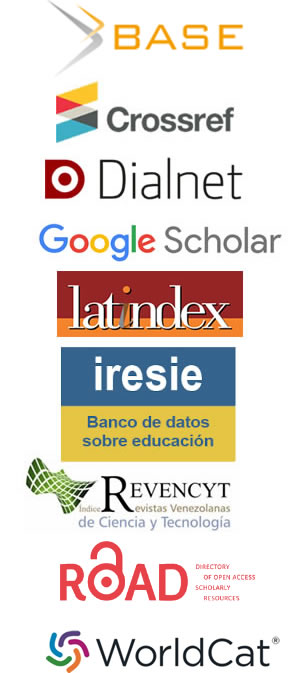Mexican academie of social sciences: navigating the patterns of neoliberalism
Abstract
In Mexico, the National System of Researchers (SNI) is the most representative institution of academie. In 2019 it grouped 30532 members, representing the area of social sciences 16.5%. In particular, over the last forty years, its members have witnessed changes in Science and Technology policies that have had a direct impact on their way of producing knowledge, presenting what some have called neoliberal science features (Ordorika, 2004). Based on a constructivist paradigm, this study explores the professional trajectories and perceptions of 50 social scientists who are members of levels II and III of the SNI, using a qualitative methodology based on in-depth interviews. The results contrast the narratives between researchers with longer and shorter tenure in the system, highlighting the incorporation of practices aligned with global science, which evidences the abandonment of national research agendas, loss of autonomy and limits to academic freedom (Pérez Mora, 2020), as well as practices that navigate between the logics of the market and power, among others. Finally, the relationship between science and national development is questioned, raising questions about the effects of recent changes in the Science and Technology Policy, which advocates a science with social impact, anti-neoliberal in nature.
Copyright (c) 2024 Oscar Felipe García, Beatriz Helena González Correa

This work is licensed under a Creative Commons Attribution-NonCommercial 4.0 International License.
Copyright notice
Copyright allows the protection of original material, and curbs the use of others' work without permission. UNESCO IESALC adheres to Creative Commons licenses in the open access publication of ESS. Specifically, the texts published in this journal are subject to a Creative Commons Attribution-NonCommercial 4.0 International (CC BY-NC 4.0) license: They may be copied, distributed and disseminated provided that the author, the journal (Revista Educación Superior y Sociedad) and the publishing institution are cited. Commercial use is not permitted. The full license can be found at https://creativecommons.org/licenses/by-nc/4.0/ ESS requires authors to accept the Copyright Notice as part of the submission process. Authors retain all rights.
 Attribution - NonCommercial (CC BY-NC 4.0)
Attribution - NonCommercial (CC BY-NC 4.0)
This journal does not charge authors for the submission or processing of articles. The authors of the contributions will receive acknowledgment of receipt that the work has reached the Editorial Team of the Journal.





